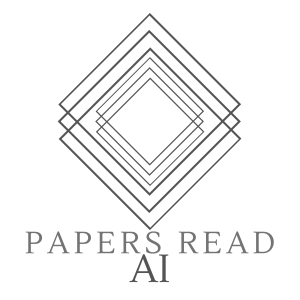
GPT-3 has attracted lots of attention due to its superior performance across a wide range of NLP tasks, especially with its in-context learning abilities. Despite its success, we found that the empirical results of GPT-3 depend heavily on the choice of in-context examples. In this work, we investigate whether there are more effective strategies for judiciously selecting in-context examples (relative to random sampling) that better leverage GPT-3’s in-context learning capabilities.Inspired by the recent success of leveraging a retrieval module to augment neural networks, we propose to retrieve examples that are semantically-similar to a test query sample to formulate its corresponding prompt. Intuitively, the examples selected with such a strategy may serve as more informative inputs to unleash GPT-3’s power of text generation. We evaluate the proposed approach on several natural language understanding and generation benchmarks, where the retrieval-based prompt selection approach consistently outperforms the random selection baseline. Moreover, it is observed that the sentence encoders fine-tuned on task-related datasets yield even more helpful retrieval results. Notably, significant gains are observed on tasks such as table-to-text generation (44.3% on the ToTTo dataset) and open-domain question answering (45.5% on the NQ dataset).
2021: Jiachang Liu, Dinghan Shen, Yizhe Zhang, Bill Dolan, L. Carin, Weizhu Chen
https://arxiv.org/pdf/2101.06804v1.pdf
view more
2021: Jiachang Liu, Dinghan Shen, Yizhe Zhang, Bill Dolan, L. Carin, Weizhu Chen
https://arxiv.org/pdf/2101.06804v1.pdf
More Episodes
Pearl: A Production-ready Reinforcement Learning Agent
 2023-12-19
2023-12-19
 161
161
 2023-12-19
2023-12-19
 161
161
Instruction Tuning for Large Language Models: A Survey
 2023-12-15
2023-12-15
 223
223
 2023-12-15
2023-12-15
 223
223
Magicoder: Source Code Is All You Need
 2023-12-11
2023-12-11
 139
139
 2023-12-11
2023-12-11
 139
139
Adversarial Diffusion Distillation
 2023-12-09
2023-12-09
 127
127
 2023-12-09
2023-12-09
 127
127
Instruction Tuning with Human Curriculum
 2023-12-08
2023-12-08
 136
136
 2023-12-08
2023-12-08
 136
136
Initializing Models with Larger Ones
 2023-12-07
2023-12-07
 122
122
 2023-12-07
2023-12-07
 122
122
GPT4Vis: What Can GPT-4 Do for Zero-shot Visual Recognition?
 2023-12-05
2023-12-05
 122
122
 2023-12-05
2023-12-05
 122
122
TaskWeaver: A Code-First Agent Framework
 2023-12-04
2023-12-04
 160
160
 2023-12-04
2023-12-04
 160
160
Efficient LLM Inference on CPUs
 2023-12-02
2023-12-02
 181
181
 2023-12-02
2023-12-02
 181
181
STaR: Bootstrapping Reasoning With Reasoning
 2023-11-30
2023-11-30
 117
117
 2023-11-30
2023-11-30
 117
117
012345678910111213141516171819
Create your
podcast in
minutes
- Full-featured podcast site
- Unlimited storage and bandwidth
- Comprehensive podcast stats
- Distribute to Apple Podcasts, Spotify, and more
- Make money with your podcast
It is Free
- Privacy Policy
- Cookie Policy
- Terms of Use
- Consent Preferences
- Copyright © 2015-2024 Podbean.com





